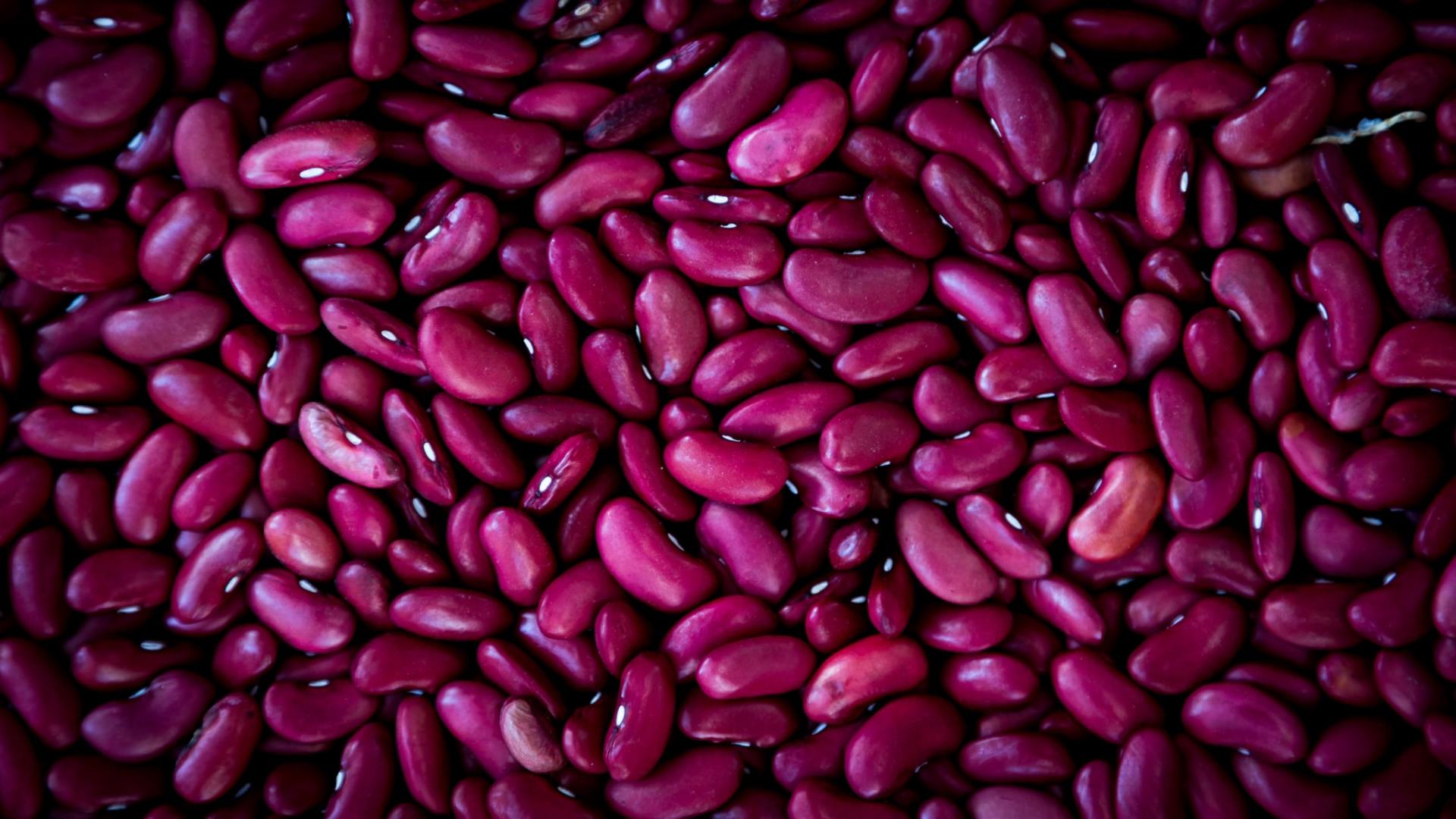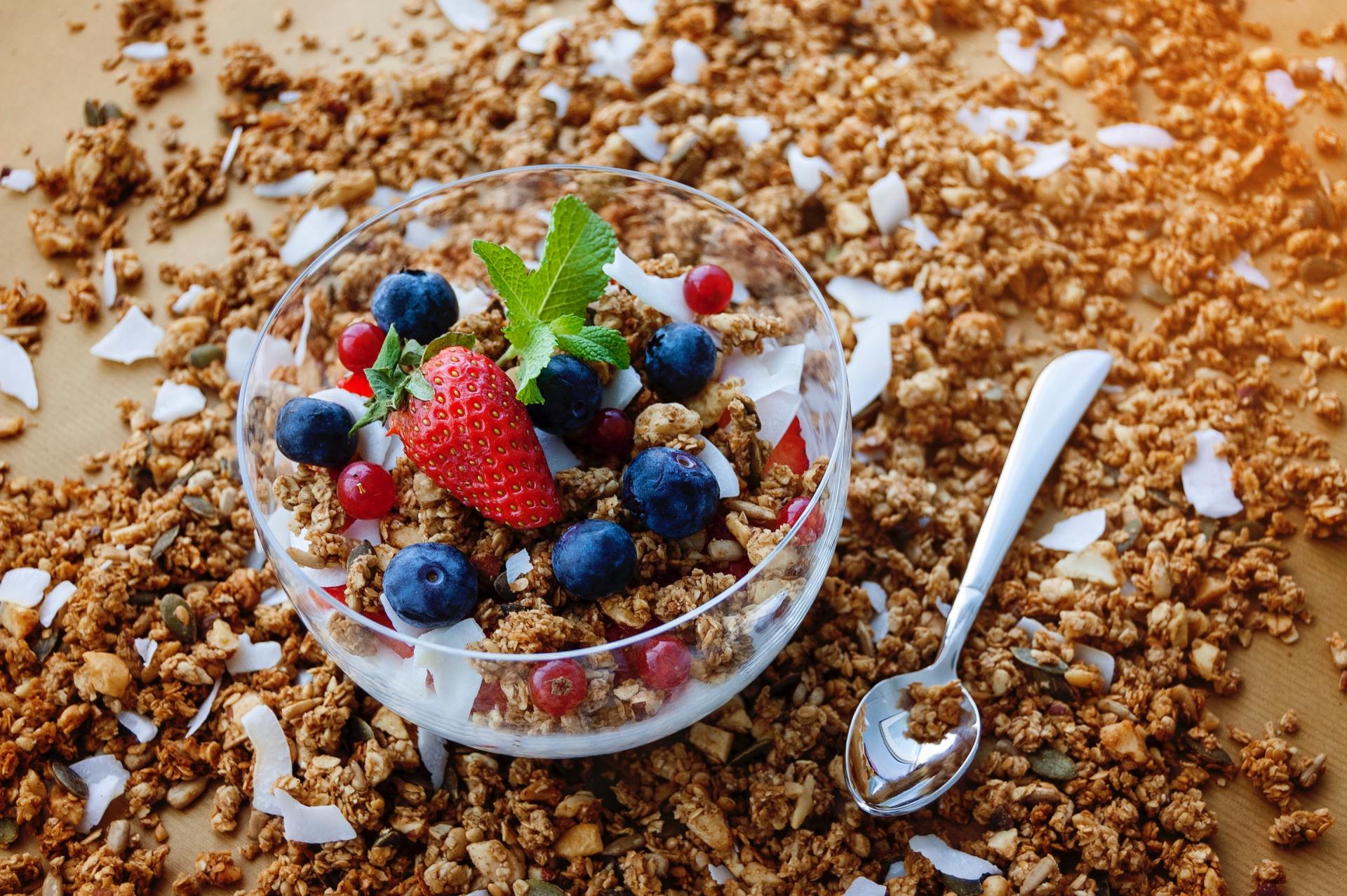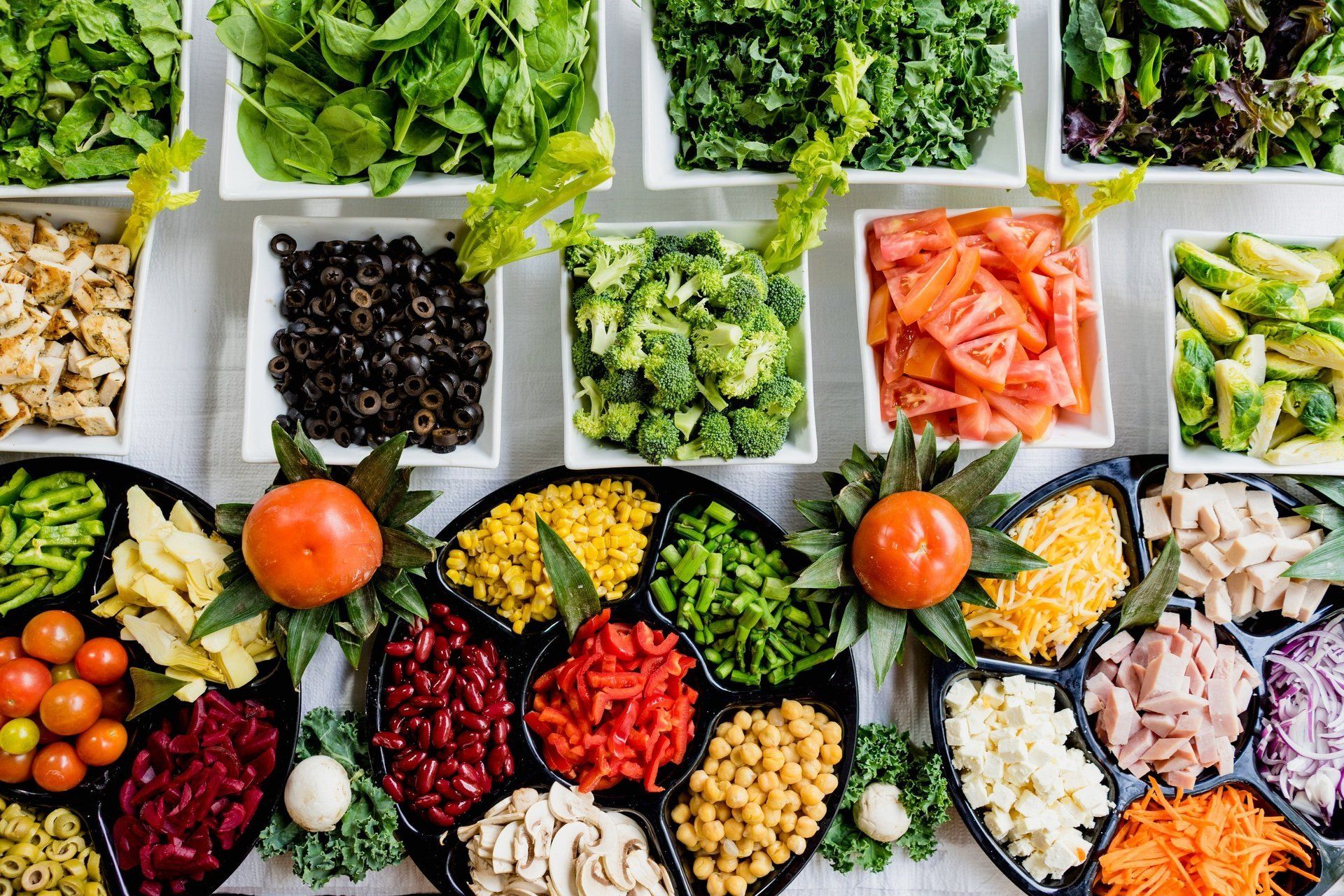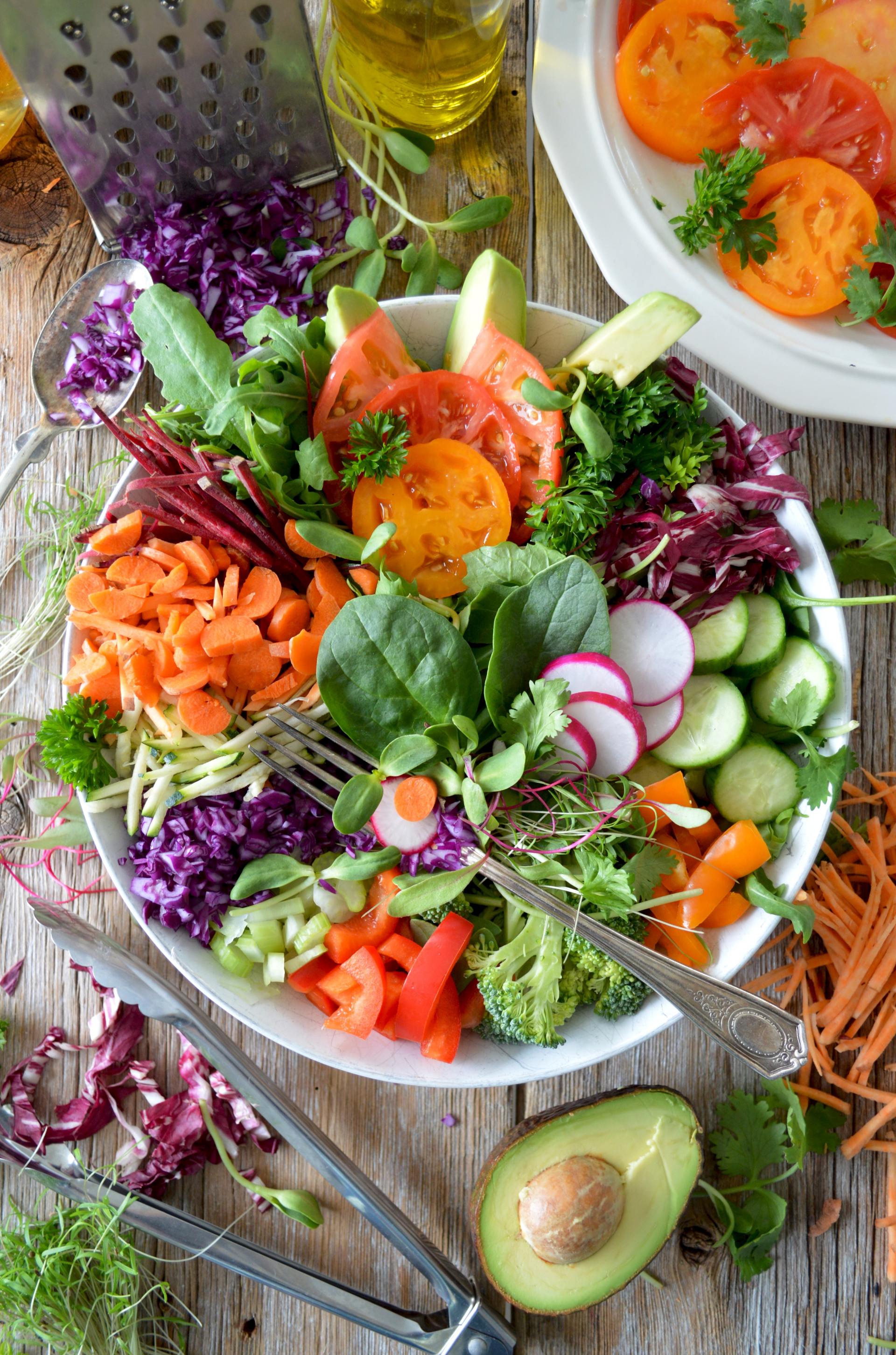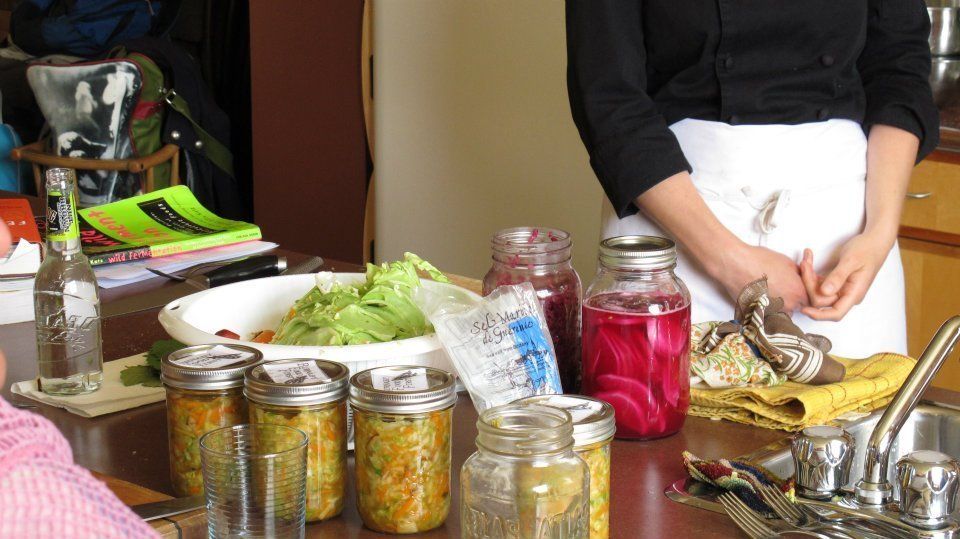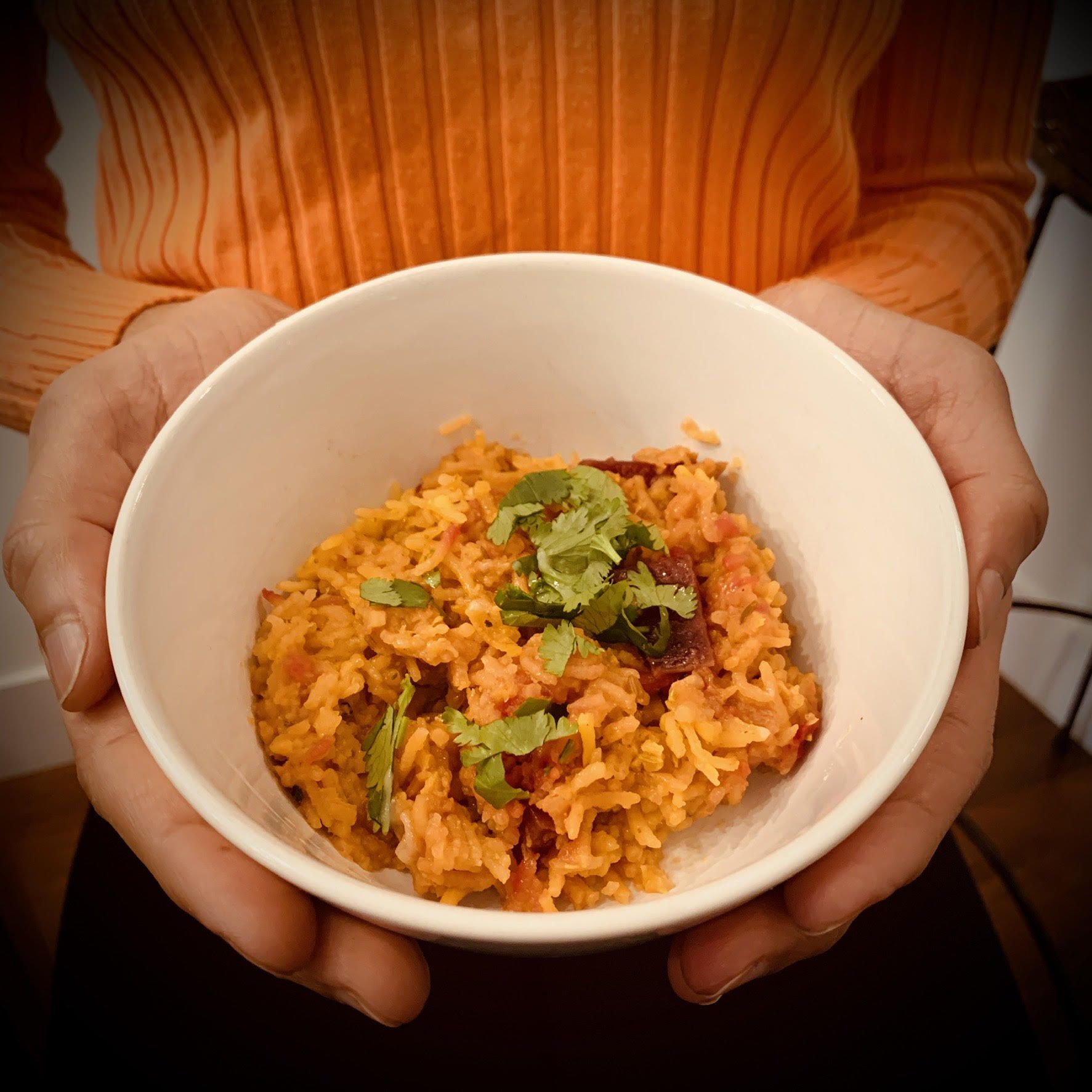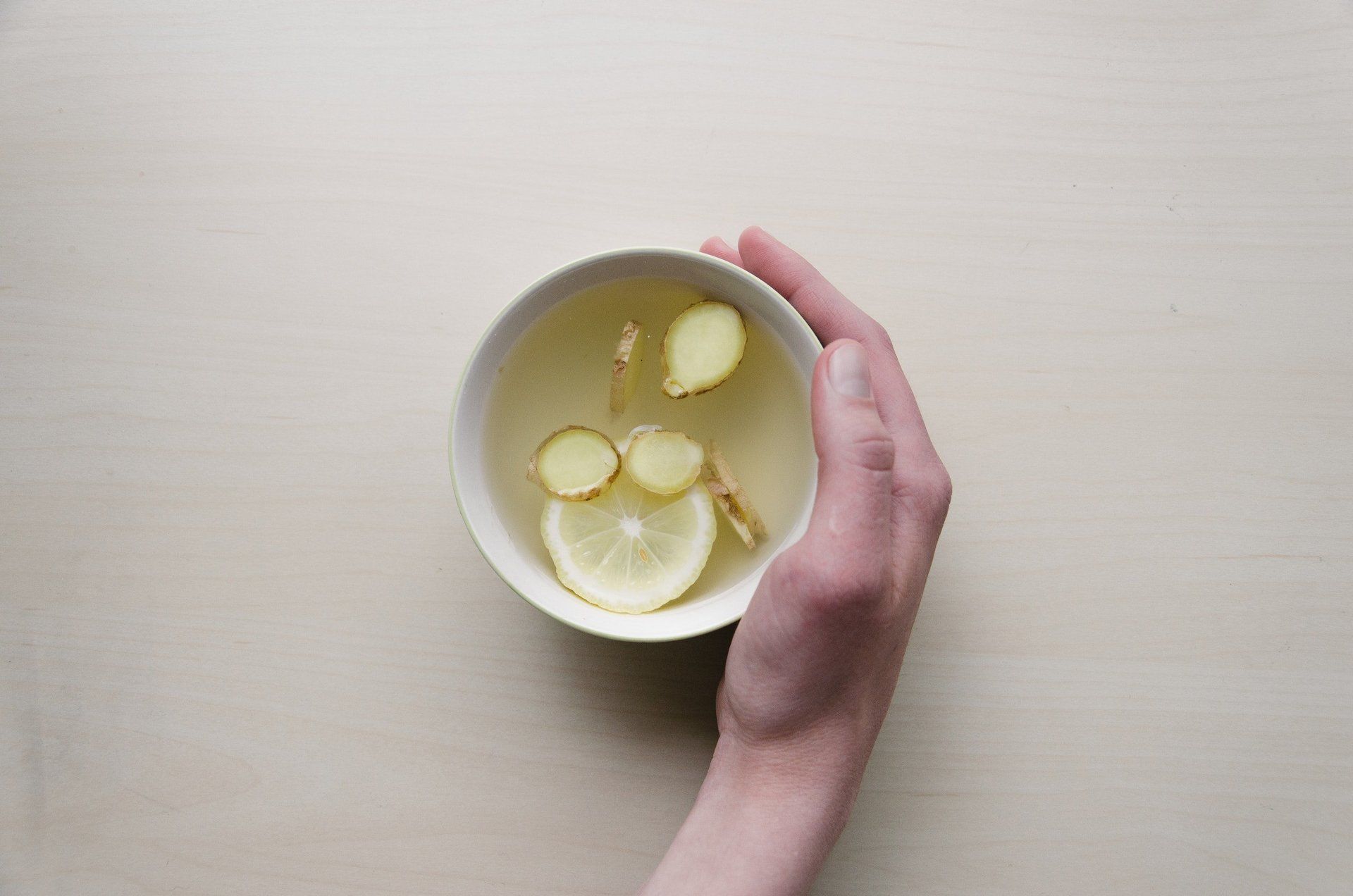Befriending Bacteria in Food
How the war on bacteria has been a colossal failure- and it's costing our health.
Befriending Bacteria for Immune, Gut and Brain Health
We are finding that the one key factor in health and longevity is in us, and all around us- we just need to give it what it needs to thrive! Gut health is a hot topic in many areas of health and healing. Gut microbiome is has been known to be a huge influencing factor into healing digestive inflammation, irritation and disease. It is also being linked to other areas of health, including maintaining a healthy weight, proper immune functioning, clearing persistent skin problems and even to psychological wellbeing.
What is gut health? Gut health begins at birth; our internal ecosystems are established based on our mother’s own populations of bacteria and other micro-organisms. We can grow more and different strains of helpful bacteria in life through diet. This ecosystem is called our ‘biome’, which houses our micro-flora. We are made up of trillions of bacteria and yeasts that support us in nearly every biological function. Bacterial cells actually out-number human cells in our bodies by 10-1!
We eat far fewer bacteria than our ancestors, and we are worse off for it.
If you look at your great-grandparent’s diets, most all of them would contain a number of naturally bacteria-rich foods and drinks. Bacterial fermentation of food is an ancient method of preserving foods, so before refrigeration people from every culture ate a wider variety of fermented foods. Another big difference within the past 3-4 generations is our exposure to bacteria from soil, animals and other people. Our obsession with ‘clean’ and the war on germs that we have waged has tilted the scale to actually be a detriment to us. Kids who are allowed to play in soil, with animals and with other kids develop stronger immune systems by incorporating more strains of beneficial organisms in their bodies. Up to 80% of our immune systems actually lives in our guts. Not to mention that the bacterial diversity in the soil has decreased due to modern agricultural practices, resulting in fewer strains of bacteria in food to begin with.
Who needs better gut health?
·We all do! But key times of growth, life transitions and stress as well as illness call for more attention to be brought to finding enough ‘good bugs’ to support our health.
·Expectant mothers to provide the probiotics that will largely support their children’s immune systems.
·Kids- enhancing immunity and reducing the chances of acquiring allergies through life.
·People who suffer from inflammatory and autoimmune conditions, people who are affected by many different gut health issues and people who are recovering from antibiotic use.
Signs, symptoms and health issues resulting from an imbalance of good gut bacteria:
An imbalance of the microbiome can manifest in many different ways, depending on the nature of the imbalance and on an individual’s biological predisposition towards certain imbalances.
The balance of the biome is essential to the health of our digestion of course, as most of this system is in our intestines. But the functions don’t stop directly at digestion. An unhealthy gut is linked to psychological problems including depression and anxiety, to persistent skin problems like eczema, to chronic obesity and even to auto-immune disorders and allergies.
Signs that one should look into incorporating more gut-friendly bacteria in their diets (and supplements) are:
·Leaky gut/candida
·Allergies
·Low immunity
·Gut inflammatory conditions like Crohne’s colitis and IBS
·Autoimmune conditions
·Depression and anxiety
·Chronic skin conditions that are treated by ongoing antibiotics
'Good Bug' Foods to promote gut health
Some examples of bacteria-rich foods are traditionally made (unpasteurized) sauerkraut, kimchi, and various brined pickles like traditional kosher pickles as well as many kinds of Indian pickled condiments, yogurt, and kefir. Even the earliest forms of mustard, ketchup and relish were fermented (before being taken over by big food companies). Most traditional dinner tables would have had at least one fermented, probiotic-rich food.
You can drink your bacteria too! Beverages such as kombucha tea and water kefir (fermented by a Symbiotic Culture of Bacteria and Yeast, or SCOBY), traditionally soured drinks like kvass from Eastern Europe and even some country-style, homemade soured beers are teeming with live enzymes and bacteria, benefiting digestion and helping to lay down a foundation of communities of organisms that we become populated with in order to maintain balance. I suggest getting probiotics first through foods because residual sugars and potential alcohol from some of the beverages can out-weigh the benefits. The beverages can be functional, but I don’t suggest relying on them for all of your probiotic needs. Variety is key!
What to look for when buying or making probiotic foods: Look for products that do not contain vinegar and are in the refrigerated section (or recipes that are fermented and not heated after fermentation). They should be labeled ‘unpasteurized’ or ‘raw’ and are often labeled ‘live culture’. Products like yogurt may have actual bacterial names and amounts on the label. Other products may not, but may say ‘live’ or ‘live culture’.
Just like good hosts, we need to feed these good bacteria we are inviting in through our diets! A diet rich in prebiotic foods is important. Prebiotics are indigestible fiber that feed probiotic bacteria. A diet rich in wholesome foods provides enough prebiotics to keep a gut healthy. Some sources of prebiotics are: onions, leeks, dandelion root, apples, sunchokes and asparagus. A varied diet with lots of whole, raw and cooked vegetables and fruits is usually enough to supply the probiotics we need.
How to incorporate more probiotic foods into everyday diet:
Aim for 2+Tbsp of some fermented probiotic food with each meal.
·Yogurt/kefir in smoothie
·Add sauerkraut to salads and as a garnish for soups
·Kimchi on eggs in the morning
·Brined pickled carrots or other fermented vegetable pickles for snack
How do you incorporate the good 'bugs' into your diet?

